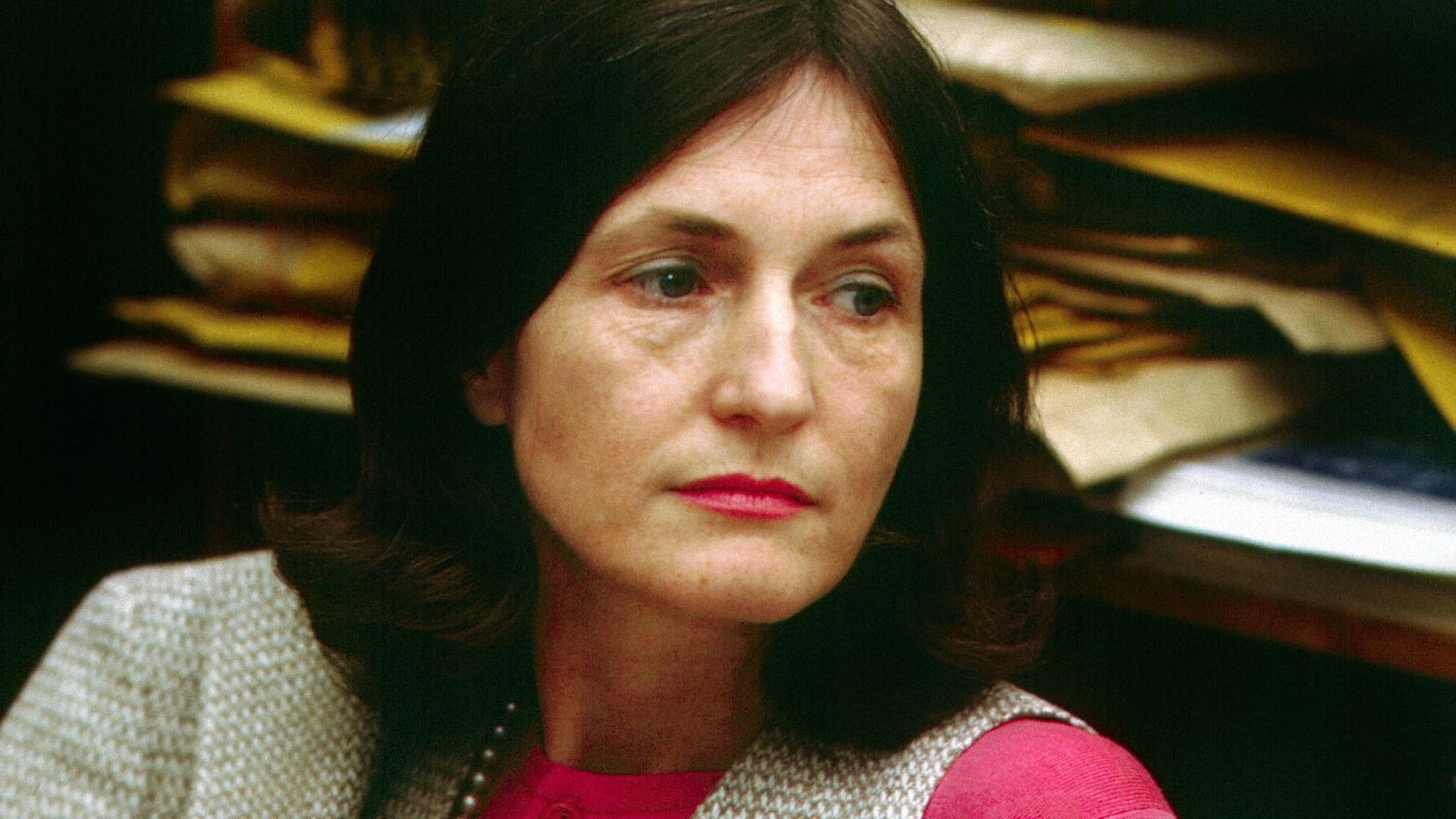It is certainly one of the most justified criticisms of the NFB’s feminist Studio D that it took so long for the unit to produce a feature-length film about the lives of queer women. Lynne Fernie and Aerlyn Weissman met on a 1988 shoot and, recalls Fernie, “we got to talking about films about lesbians, and how we didn’t know anything about the history of lesbians in Canada, and how great it would be to have a film specifically about that.”
Fernie and Weissman found a supportive producer at Studio D, Rina Fraticelli. The result is a brilliantly structured film, one that actively opposes the negative images so often found in more traditional documentaries about queer subjects. Fernie and Weissman recognised that lesbians were often portrayed tragically or as hapless victims, but the women they interviewed about what life was like for lesbians in the ’40s, ’50s and ’60s are honest and exhilarating, telling how they were often able to overcome homophobia. Interspersed are interviews with Ann Bannon, the legendary pulp lesbian novelist, who discusses writing her books in a stealth code that could reach closeted readers at a time when such topics were still verboten.
All of those interviews are wrapped around four dramatic segments in which a retro pulp lesbian romance is re-imagined and retold with a happy conclusion. “We wanted to present a reinterpretation of the traditional pulp novel ending because most of them ended with the lesbian killing herself and her temporarily-swept-away beautiful young lover going back to the husband, who had suddenly turned into a nice guy,” Weissman says. “We wanted to present the kind of happy ending that you didn’t get to see in the ’50s, where it all turned out well.” That nasty, pervasive stereotype of feminists as humourless would forever be stamped out with Forbidden Love: one woman muses about how the world should be run by post-menopausal women; another jokes about how posing as butch meant carrying a knife, one she wouldn’t know how to peel potatoes with, let alone use in a fight. The connection to the film for gay men couldn’t have been more obvious: then exhausted after years of the devastation of AIDS, they got to watch a part of the queer community celebrating itself, providing desperately needed relief.
“We really wanted to celebrate resistance, to unearth this invisible history, but we wanted to do it in an entirely engaging and entertaining way,” Fernie told me. “Why should it be dour? What really gives people energy in the resistance is not being dour, it’s being rebellious.” As authors Jean Bruce and Gerda Cammaer enthused in the final words of their 2015 book on the film (part of the Queer Film Classics book series Tom Waugh and I edit together), “What a joy—and education—for everyone who sees it.” It is testimony to how clever the film and filmmakers are that a documentary about history continues to seem so utterly timeless.
Read more POV picks for Canada’s Documentary Essentials!
Watch Forbidden Love below:
Forbidden Love: The Unashamed Stories of Lesbian Lives, Lynne Fernie & Aerlyn Weissman, provided by the National Film Board of Canada











